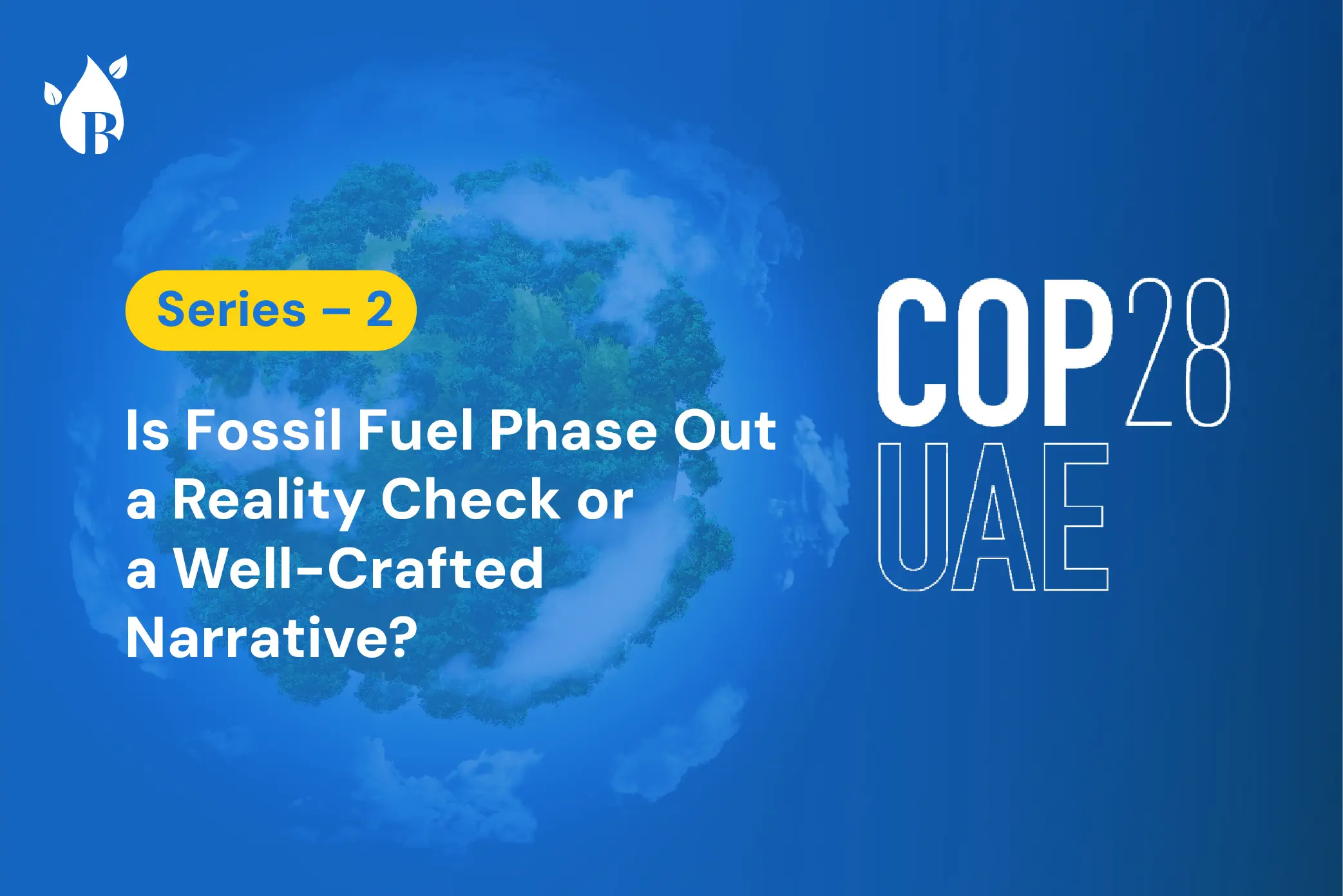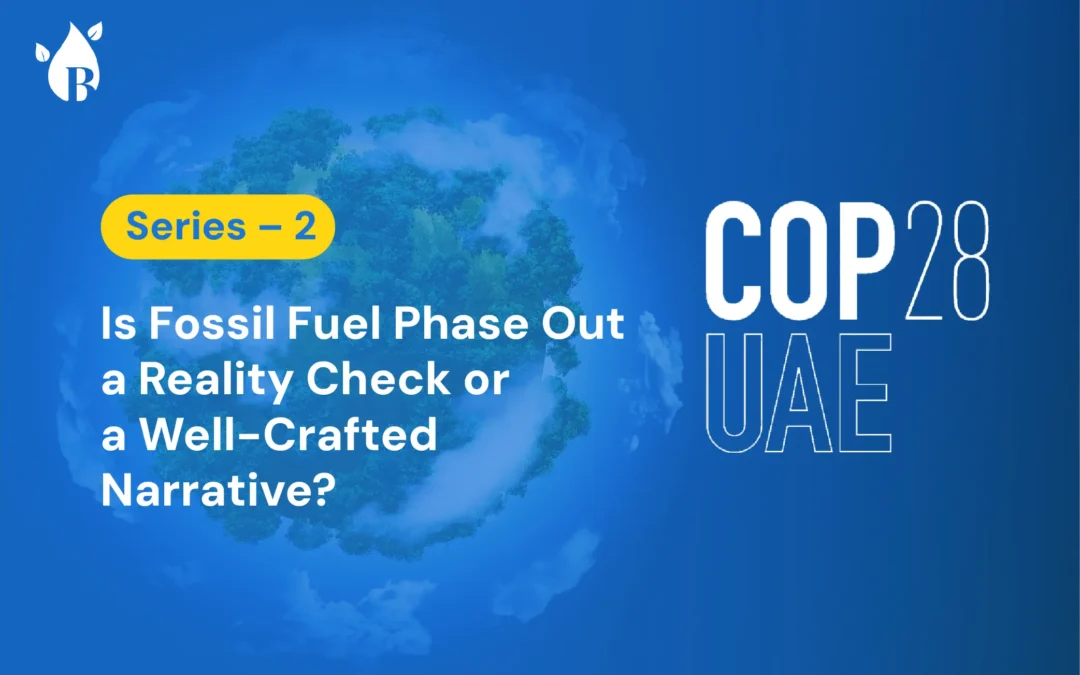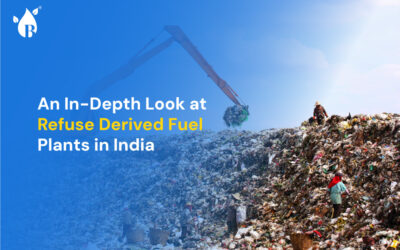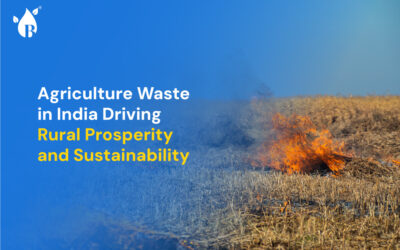
Energy production, mainly through burning fossil fuels, is responsible for about three-quarters of global greenhouse gas emissions. Fossil fuels like coal, oil, and natural gas have been the primary energy sources for over 150 years, supplying about 80 percent of the world’s energy.
Aside from being the major contributor to climate change, the combustion of fossil fuels poses significant risks to human health, leading to at least five million deaths annually due to air pollution.
Formed millions of years ago from the carbon-rich remains of decomposed animals and plants, fossil fuels release stored carbon and other greenhouse gases into the atmosphere when burned. This excess buildup of greenhouse gases has resulted in drastic changes to Earth’s climate, a trend expected to worsen with continued fossil fuel consumption.
To address this issue, there is a global need to transition from fossil fuels to an energy mix dominated by low-carbon sources such as renewable technologies and nuclear power.
The UNFCCC has been actively involved in stabilizing greenhouse gas emissions to prevent human interference with the climate system. The Paris Agreement, established at COP21, is a landmark decision aimed at limiting the temperature increase to 1.5°C above pre-industrial levels.
COP 28 is poised to identify global solutions, inform countries’ revised and more ambitious climate plans, accelerate the ongoing green transition, and ultimately achieve the goals set forth in the Paris Agreement.
COP28 marked progress in discussions surrounding accountability, finance, inclusivity, and more decisive actions for climate change. While it didn’t mark the end of the fossil fuel era, it was acknowledged as the “beginning of the end.”
Key outcomes of COP28 include global goals to triple renewables by 2030, double energy efficiency, establish a framework for the Global Goal on Adaptation, operationalize the loss and damage fund, accelerate efforts to reduce coal use, and promote technologies like carbon capture and storage for hard-to-decarbonize industries.
Regarding fossil fuel phase-out, the agreement urges nations to “transition away” from fossil fuels to align with the Paris Agreement’s goal of limiting global warming to 1.5 degrees Celsius. This decision is significant, considering the division among countries on whether to commit to a global “phase down” or “phase out” of fossil fuels.
While hailed as a victory, the text of the agreement doesn’t explicitly mention the ‘phase-out’ of fossil fuels, which are major contributors to climate-warming emissions. ‘Transitioning away’ implies a flexible approach to adopting cleaner energy technologies, while ‘phasing-out’ suggests a more rigid and deliberate process of eliminating fossil fuel use. ‘Transitioning away’ allows for a gradual shift toward cleaner options without specifying a complete elimination of fossil fuels. On the other hand, ‘phase-out’ implies a planned, systematic reduction and eventual elimination of fossil fuels, representing a more structured and intentional move away from them.
Climate activists and vulnerable countries advocate for a fossil fuel ‘phase-out,’ emphasizing a definitive cessation of use. ‘Transitioning away,’ however, remains open to various interpretations, signifying a shift towards renewable energy without committing to a complete departure from fossil fuels.




